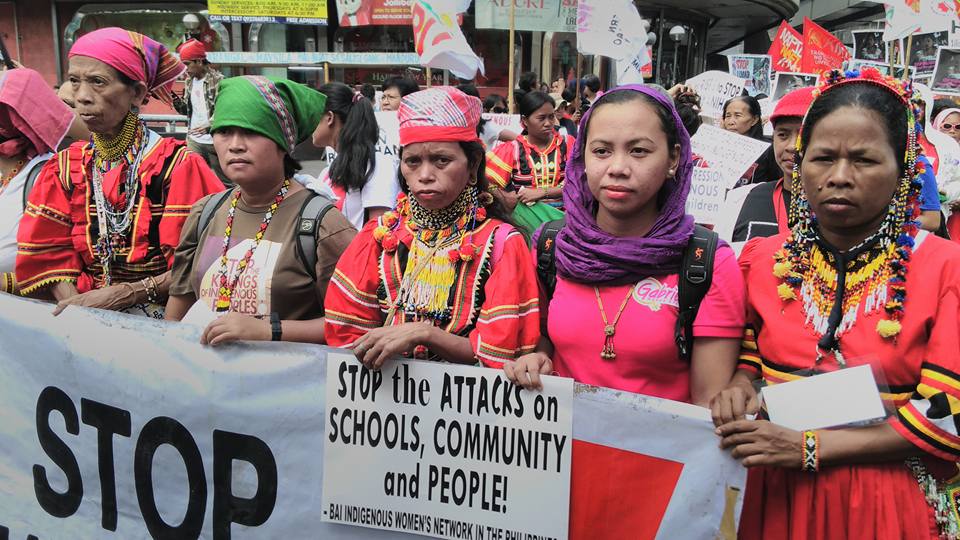When challenging harmful traditional practices and religious extremism, there are women human rights defenders on the front lines.
When confronting corporate greed and environmental destruction, there are women human rights defenders on the front line.
When defying authoritarian leadership, there are women human rights defenders on the front line.
When fighting for political representation and participation, there are women human rights defenders on the front line.
When asserting the right to be safe and live free and equal in dignity, there are women human rights defenders on the front line.
This front line looks dynamic, vibrant and energised in the face legislation, policies and practices by States aimed at curtailing civil society activities and their funding. These barriers appear in combination with other measures to hinder the freedoms of expression, peaceful assembly, association and movement of civil society actors.
Restrictions by governments in all regions of the world have only served to strengthen, embolden and reinforce the work of women human rights defenders who challenge patriarchy and hetero-normativity.
The same is true at the UN.
Women human rights defenders at the UN
Feminists have mobilised to demand that the UN human rights inter-governmental processes better regular corporate power. They stress the importance of:
- conducting gendered impact assessments of business operations on human rights
- ensuring gender sensitive justice and remedy mechanisms
- ensuring the respect, protection and an enabling environment for women human rights defenders.
Women human rights defenders consistently push back against attempts by “cultural relativists” who seek to subvert universal human rights standards. They safeguard the principles that underpin international human rights law.
Rights holders from across the world engage in UN spaces to establish their rights over their own bodies. This is particularly important for those who live and work in societies that criminalise rights related to bodily and mental autonomy and integrity.
Women human rights defenders are agents of change
UN human rights experts have referred to these times as a “pivotal moment” and called for a truly global movement to address violence and discrimination based on sex and gender. For this moment to be truly transformative, much more needs to be done at the UN.
Firstly, the “women’s rights and gender equality” agenda must be one that is led and driven by the women human rights defenders at the front line. The participation and engagement, particularly at the inter-governmental processes, need to be made significantly more meaningful and sustainable.
Secondly, debates on violations based on sex and gender must be reflective of lived realities, particularly to understand and respond to the ways in which multiple aspects of each person’s social identity and status intersect to create unique experiences of oppression and privilege.
Finally, the appointments of UN leaders and experts mandated by the UN need better reflect gender diversity. But it cannot stop there. Their appointments need to result in strengthened commitments towards societies that are just and equitable. This includes by addressing impunity at the international level.
For the UN, the #TimeIsNow to hold a mirror to itself.
Pooja Patel is Programme Manager, Women’s Rights and LGBTI Rights at the International Service for Human Rights (www.ishr.ch). Follow her on Twitter @Pooja_ISHR.
Photo: Bai Ali Indaya




